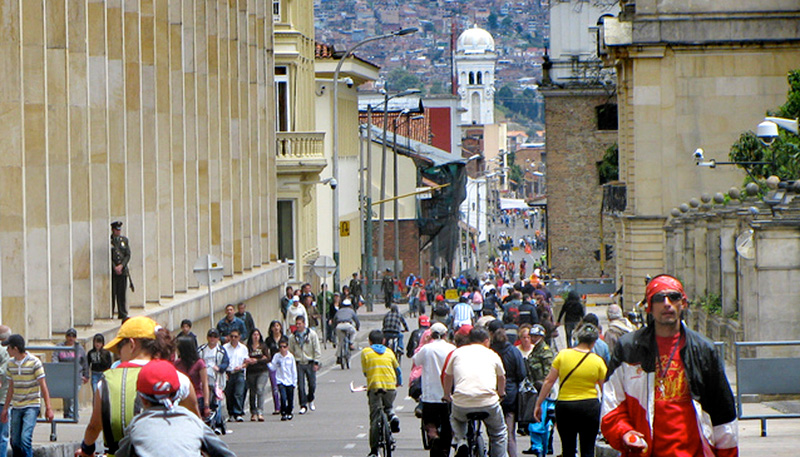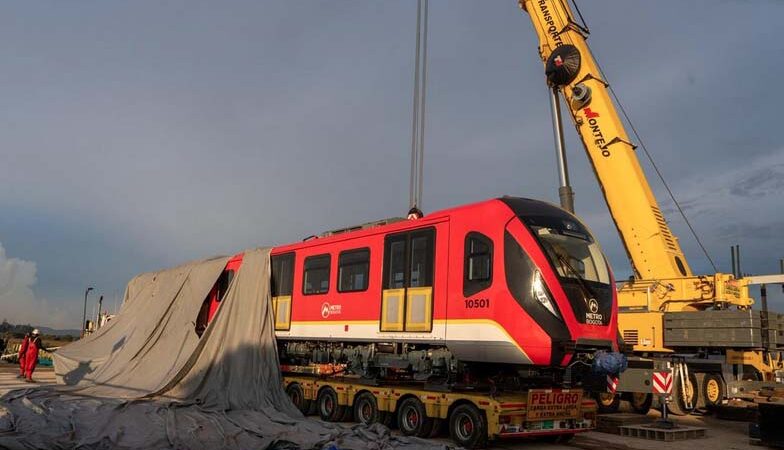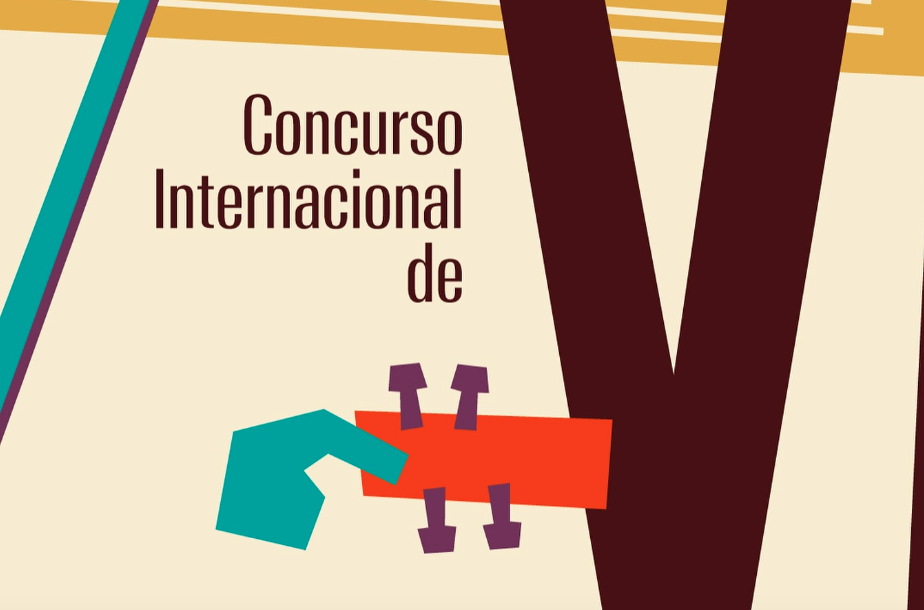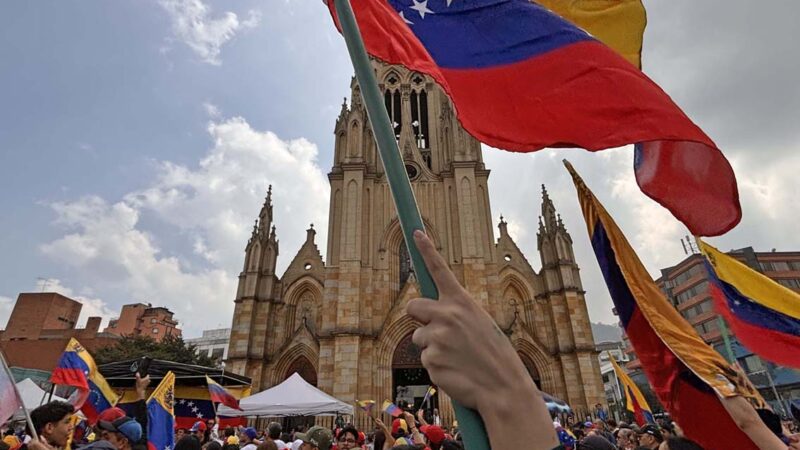
Colombia’s capital is home to more than 1.5 million privately owned cars, but next Thursday almost all of them will have to stay in the garage as the city implements its 14th annual “Día Sin Carro.”
With personal vehicles (excepting motorcycles) not an option for getting around town from 6:30 a.m. to 7:30 p.m., millions of Bogotanos will have to put on walking shoes, grab their bicycle helmets, cough up the cash for a taxi or learn how to use the new SITP system.
The approximately 30 functioning routes of the Integrated Public Transportation System (SITP) are expected to transport up to 60,000 people and Transmilenio and other public buses will also be functioning in full force. In total, the Mayor’s Office estimates that almost 2 million residents will use public transportation throughout the day.
Bogotá is often recognized as one of the world’s most bike-friendly cities, and Thursday should be no exception, as more than 450 kilometers of bicycle paths, including all routes normally reserved for Sunday ciclovías, will connect the capital’s neighborhoods. Bicycle paths will be monitored by police and city employees and dotted with special hydration and information stations.
Thursday’s car-free experience boasts two main goals: increasing awareness of healthy transportation alternatives and helping to improve the environment in a metropolis that often suffers from pollution and low air quality. In 2011, the city faced 168 days in which levels of particulate matter exceeded healthy levels, although a 2012 report by the Bogotá Air Quality Monitoring Network found a slight decrease in levels from the two preceding years.
The District Environmental Secretary’s Office will set up nine checkpoints throughout the city to review emissions and noise standards for cars, buses, trucks and motorcycles in addition to making three air quality readings throughout the day to measure the effect of reduced vehicle use on airborne particulates, carbon monoxide and sulfur, among other pollutants.
While personal vehicles account for about 10 percent of total daily transportation in Bogotá, the Mayor’s Office estimates that this year’s Day Without Cars could save the city almost 16,000 tons of CO2 emissions.
Interestingly, certain pollutants actually showed marginal increases during last year’s car-free day according to the Environmental Secretary, possibly due to weather factors or increased reliance on small busetas, almost 20 percent of which failed to meet emission standards in 2012.
Certain vehicles such as funeral cars, school buses, business trucks marked with the company logo and cars modified for disabled people will be allowed on the streets, but any non-eligible car found in violation of the special day will be fined almost $300,000 pesos and impounded.
Past car-free days seem to have had little economic impact on the city, positive or negative, as a significant majority of the population regularly relies on other forms of transportation.
Get ready to kick off February with a cleaner, quieter and healthier Bogotá this Thursday. Just make sure to wear comfortable clothing and leave the house a little bit earlier.
Share this story
Ed Buckley
Ed Buckley started working with The City Paper in July of 2011 and now runs the paper's website in addition to helping with writing and editing. Ed is originally from Charleston, South Carolina.










